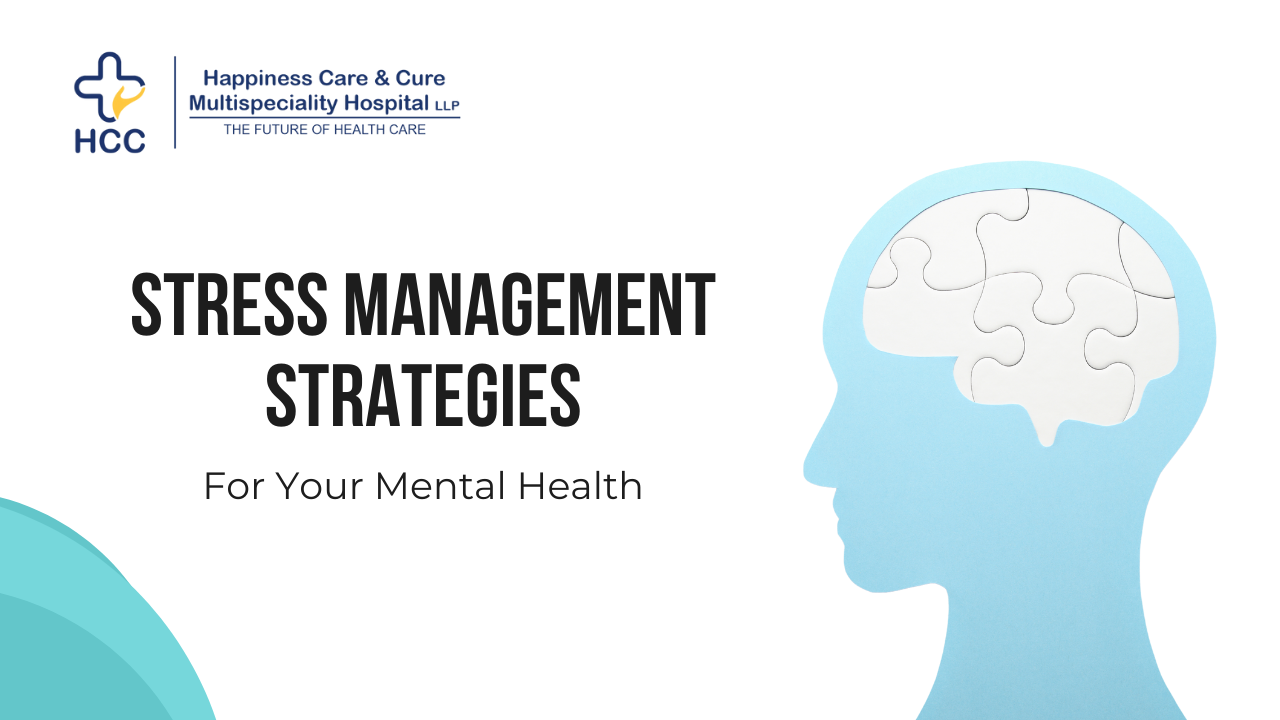
Introduction to Mental Health
Mental health is an integral part of our overall well-being. It encompasses emotional, psychological, and social well-being, influencing how we think, feel, and act. Amidst the hustle and bustle of life, stress becomes a prevalent issue, impacting our mental equilibrium significantly.
Understanding Stress
Stress is a natural response to demands or pressures, signaling the body's fight-or-flight mechanism. There are two primary types of stress: acute, which is short-term and often manageable, and chronic, which persists over an extended period, posing serious health risks.
Effects of Stress on Mental Health
The effects of stress extend beyond mere tension. Chronic stress can lead to anxiety, depression, and other mental health disorders. Moreover, it takes a toll on the body, contributing to various physical ailments like heart disease and weakened immunity.
Strategies for Stress Management
Managing stress involves adopting diverse strategies. Lifestyle modifications, including balanced nutrition, regular exercise, and adequate sleep, form the foundation. Integrating relaxation techniques like deep breathing, yoga, or meditation can significantly alleviate stress levels.
Implementing Self-Care Routines
Self-care plays a pivotal role in stress management. Taking time for oneself, engaging in hobbies, practicing gratitude, and setting boundaries can contribute immensely to mental well-being.
Creating a Support System
Building a robust support network is essential. Nurturing relationships, seeking advice from friends or family, and participating in community activities can provide a buffer against stress.
Mindfulness and Meditation
Mindfulness practices and meditation serve as powerful tools to combat stress. They encourage living in the present moment, reducing anxiety and promoting mental clarity.
Exercise and Its Role in Stress Relief
Physical activity is not only beneficial for the body but also for mental health. Engaging in exercises like walking, yoga, or dancing releases endorphins, boosting mood and reducing stress.
Healthy Habits and Their Impact on Mental Health
Maintaining a healthy lifestyle encompasses nutritious eating habits and adequate sleep. These habits are fundamental in regulating mood and managing stress.
Professional Help and Counseling
Sometimes, seeking professional guidance becomes imperative. Therapies such as cognitive-behavioral therapy (CBT) or counseling sessions can offer coping mechanisms and tools to handle stress effectively.
Work-Life Balance
Balancing professional commitments with personal life is crucial. Establishing boundaries, managing time efficiently, and prioritizing self-care contribute to a healthy work-life equilibrium.
Coping Strategies During Tough Times
In challenging situations, adaptive coping mechanisms like problem-solving and seeking social support help manage stress. Building resilience through positive thinking and self-reflection aids in overcoming tough times.
Breaking Stigmas Around Mental Health
Destigmatizing mental health issues fosters an environment where individuals feel comfortable seeking help. Open conversations and education diminish the shame associated with mental health challenges.
Measuring Progress and Celebrating Success
Tracking stress levels, noting improvements, and acknowledging achievements are crucial steps in managing stress. Celebrating successes, no matter how small, boosts motivation and encourages continued efforts.
Conclusion
Prioritizing mental health and adopting various strategies for stress management is pivotal for overall well-being. By implementing lifestyle changes, seeking support, and practicing self-care, individuals can navigate stress more effectively and lead healthier lives.
Make an Appoinment